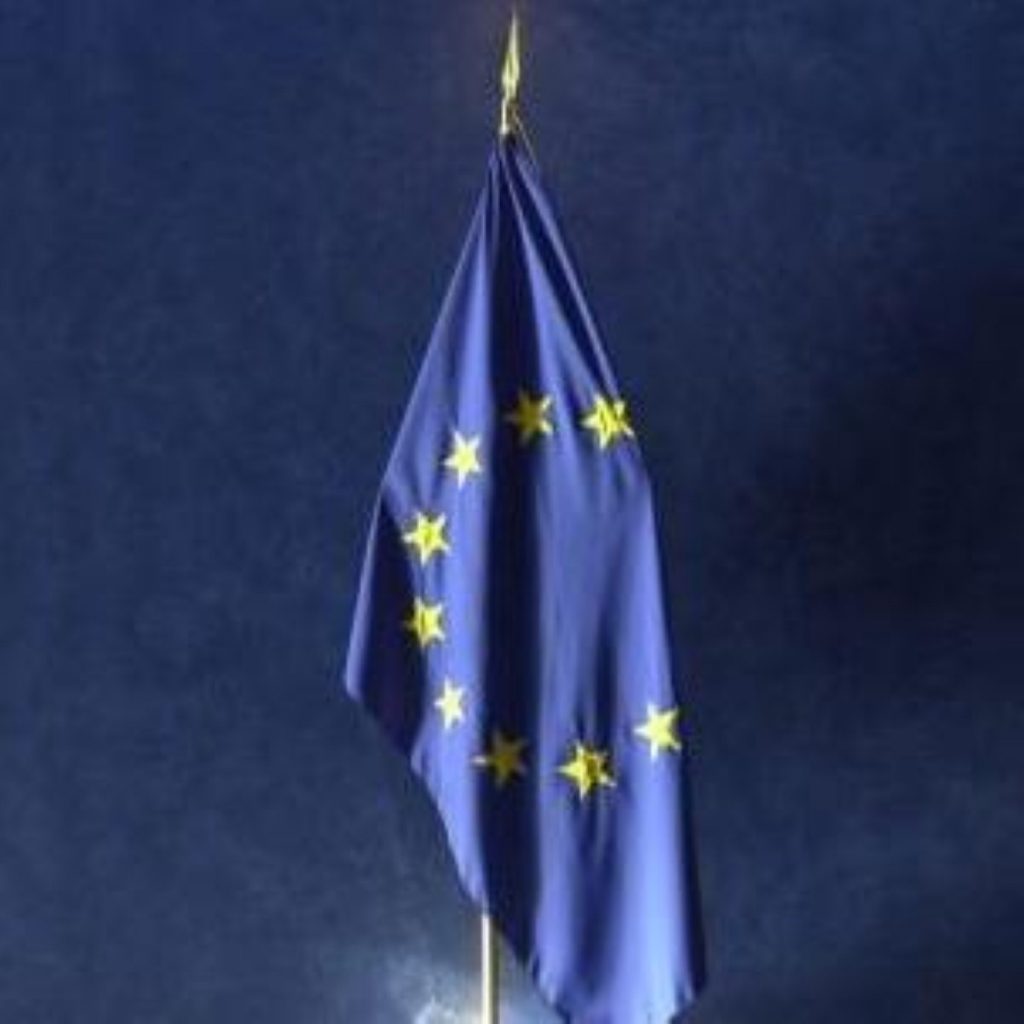EU agrees evidence-sharing deal
European ministers have agreed to a new deal to speed up the exchange of criminal evidence across EU borders.
Within two years, member states will have to automatically give up any documents, photographs, weapons and other materials requested by the court of another EU country.
The warrant will cover 32 types of offences, and provides governments with little excuse not to hand over evidence within 60 days of it being requested.
However, Germany has negotiated a special deal to ensure it does not have to hand over evidence on six offences, including racism and xenophobia, and terrorism.


Interviews, statements, bodily examinations, covert surveillance or the monitoring of bank accounts are not covered by the warrant unless they have already been carried out – they will form the basis for a second phase of the warrant in the future.
It comes as part of a wider effort to improve cooperation on justice matters across the union, of which last year’s EU arrest warrant, allowing fast-track extraditions between members states, was a key part.
“Now, in addition to having the speedy transfer of persons, we have also agreed on the speedy transfer of evidence material which will substantially enhance the capabilities of law enforcement and prosecuting authorities,” said EU justice minister Franco Frattini.
However, there are concerns that some points have been lost in the three years it took to reach an agreement.
“We should not forget the lessons learnt from the European arrest warrant which was plagued first by implementation delays and now by controversial court decisions limiting its scope,” warned Graham Watson, leader of the ALDE liberal group in Europe.
“We are moving in the right direction. But by allowing member states to refuse sharing evidence on crimes committed partly or fully on their territory we are shooting ourselves in the foot.”












